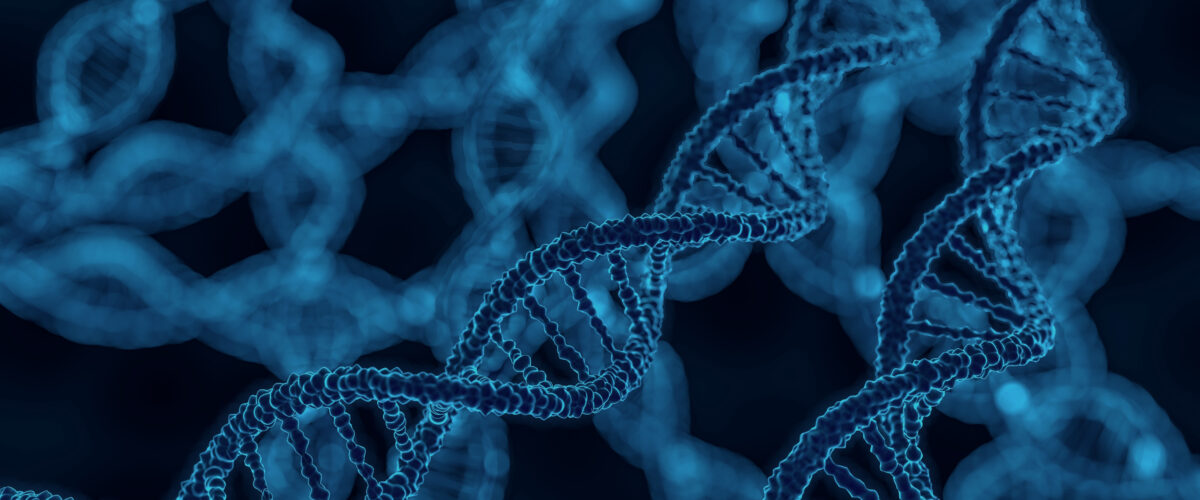Artikel | 15 november 2018
Sweden’s new national life sciences strategy: addressing major challenges

To achieve the goal of Sweden becoming a leader in life sciences, the government is developing a new Swedish life sciences strategy. The government has established an office for life sciences and tasked it with developing the new strategy. A new status report on the sector concludes that many issues have not been handled properly, leading to shortcomings in areas such as legislation. The aim is for the newly established office to help solve these issues.
A new Life Sciences Office
The government has established a Life Sciences Office, which will develop a new Swedish life sciences strategy to meet today’s health challenges and strengthen the competitiveness of life sciences companies and the sector’s important exports. The Life Sciences Office, established at the Ministry of Enterprise and Innovation in February 2018, is responsible for developing the new strategy. It has also been tasked with promoting the development of know-how, innovation and excellence in health and social care and at higher-education institutions. Other tasks include improving conditions for establishing and operating life sciences companies in Sweden, the coordination of policies, clarifying priorities and further increasing the pace of work in this field. The work will be guided by the national strategy, with contributions from all entities in the field, and it aims to create the best possible conditions for life sciences in Sweden.
Life Sciences Road Map
One step towards producing the national strategy is the report ‘Life Sciences Road Map: Pathway to a National Strategy’, published by the Ministry of Enterprise and Innovation in summer 2018. The report highlights three areas of Swedish life sciences that are of particular importance for advancing this sector. These are: utilisation of digital healthcare data; precision medicine – tomorrow’s diagnostics, treatment and cure; and tomorrow’s health and social care – integrating research and innovation. These priorities are also stated as being important in advancing high-quality, equitable, gender-equal and efficient healthcare.
Status report
A new status report has recently been published, commissioned by Swelife (a strategic innovation programme partly funded by the government), intended for use by the Life Sciences Office. The status report describes the current situation and what the national strategy should consider. Focus areas are health data, precision medicine and future health care, areas also covered by the Life Sciences Road Map report.
Health data is regulated by the Swedish Patient Data Act and the EU’s General Data Protection Regulation (GDPR). Following the introduction of the GDPR in May 2018, several reviews on the handling of health data are underway but no overview of the Patient Data Act is being conducted at the moment. It is still uncertain what legislative amendments will result from the reviews. According to the status report, amendments are needed to be able to collect, compile, analyse and share health data for more purposes than is possible under current regulations. Additional clarification is required regarding health data from sources other than journal data, such as biobank and quality records, and data recorded by patients. Furthermore, collection of health data needs to be efficient, safe and, ideally, automated.
As highlighted by the status report, current regulation governing precision medicine is complex as it includes aspects of diagnosis and treatment. The shortcomings of current regulation risk hindering further development of precision medicine and patient availability, while new techniques and methods raise further issues such as ethics. Several reviews are currently ongoing.
As mentioned by the status report, the aim for future health care is integration between research, innovation and education. The availability of health data is important for the future of both health care in general and precision medicine. The status report highlights legislation as being a key factor affecting the implementation of innovations.
Summary
To achieve the government’s goal of Sweden becoming a leader in life sciences, the shortcomings described in the status report need to be addressed. The establishment of legislation in accordance with the development of research and innovation is essential in this regard. As no organisation has had explicit responsibility, one of the issues not adequately addressed at present is the lack of legislation regarding the management of health data. The Life Sciences Road Map report shows the primary path to achieving the new strategy and the Life Sciences Office will have an important role in guiding other organisations through the national strategy to its achievement. As stated in the Life Sciences Road Map report, “the strategy will provide the conditions for improved health by increasing innovation and advancing health and social care, giving global visibility to Swedish strengths and pointing the way to future export revenues.” The status report concludes that the future of Swedish life sciences looks bright. Challenges exist but there are good opportunities for these to be addressed. We expect further development in this area and will follow the work of the Life Sciences Office with interest.